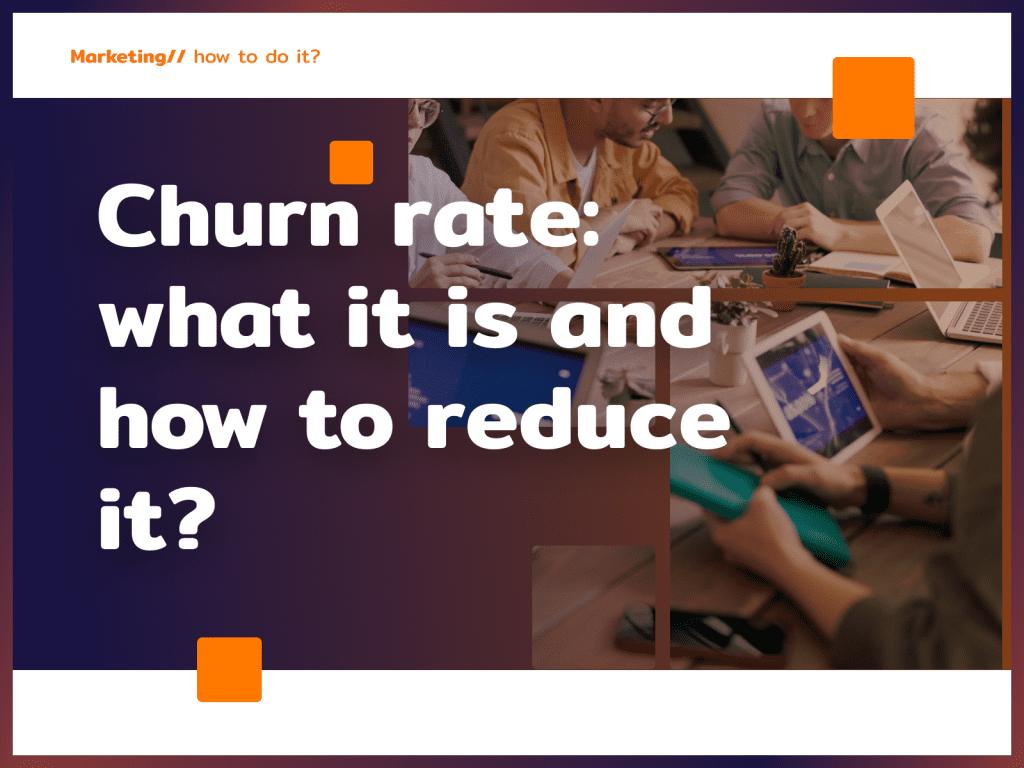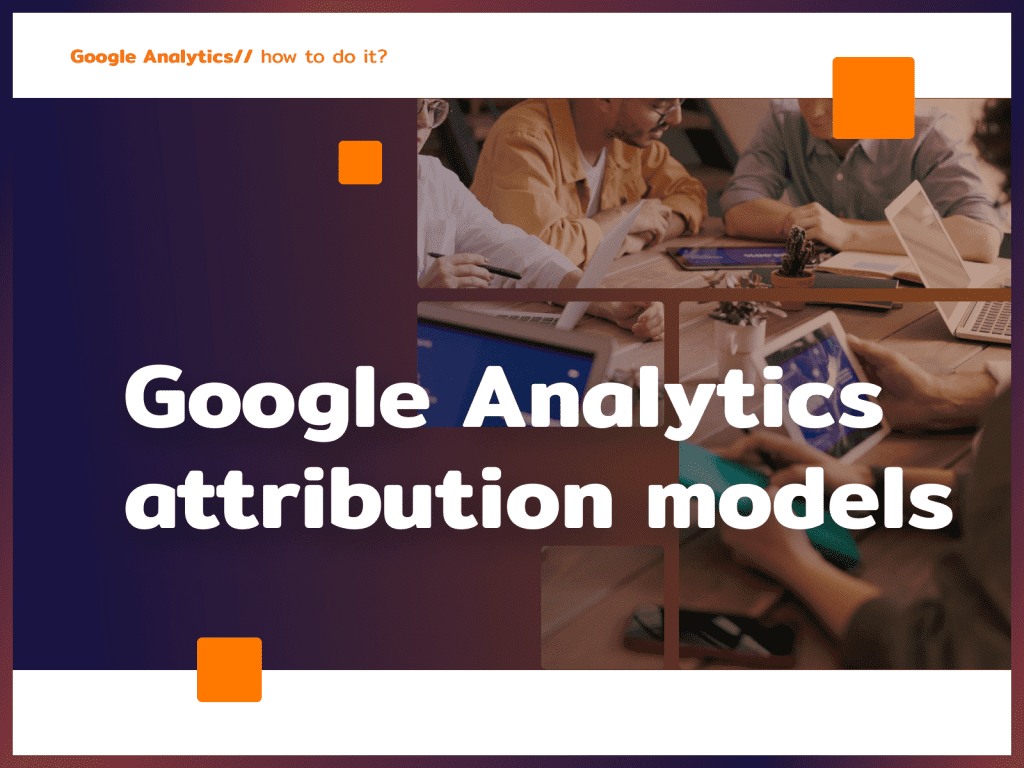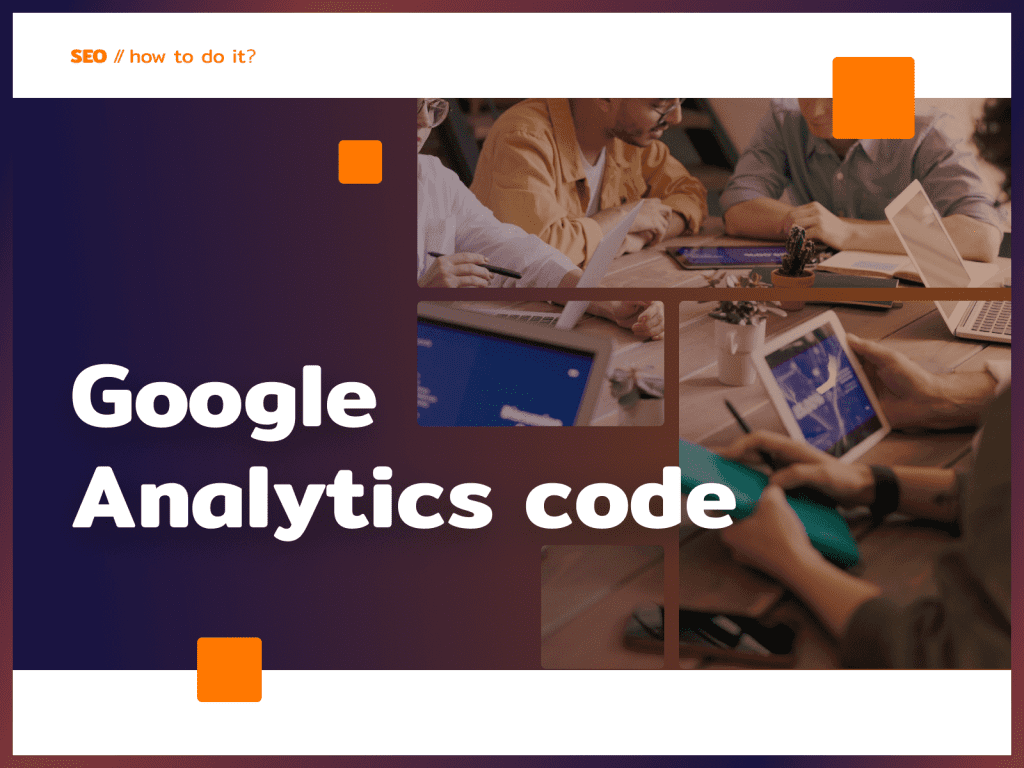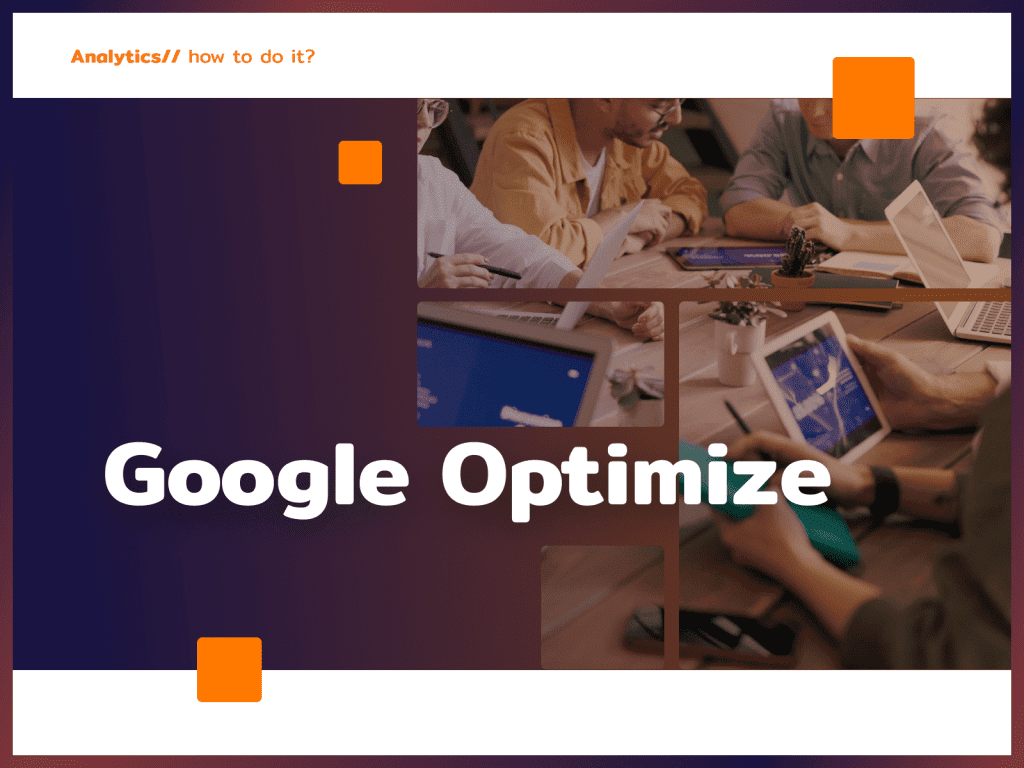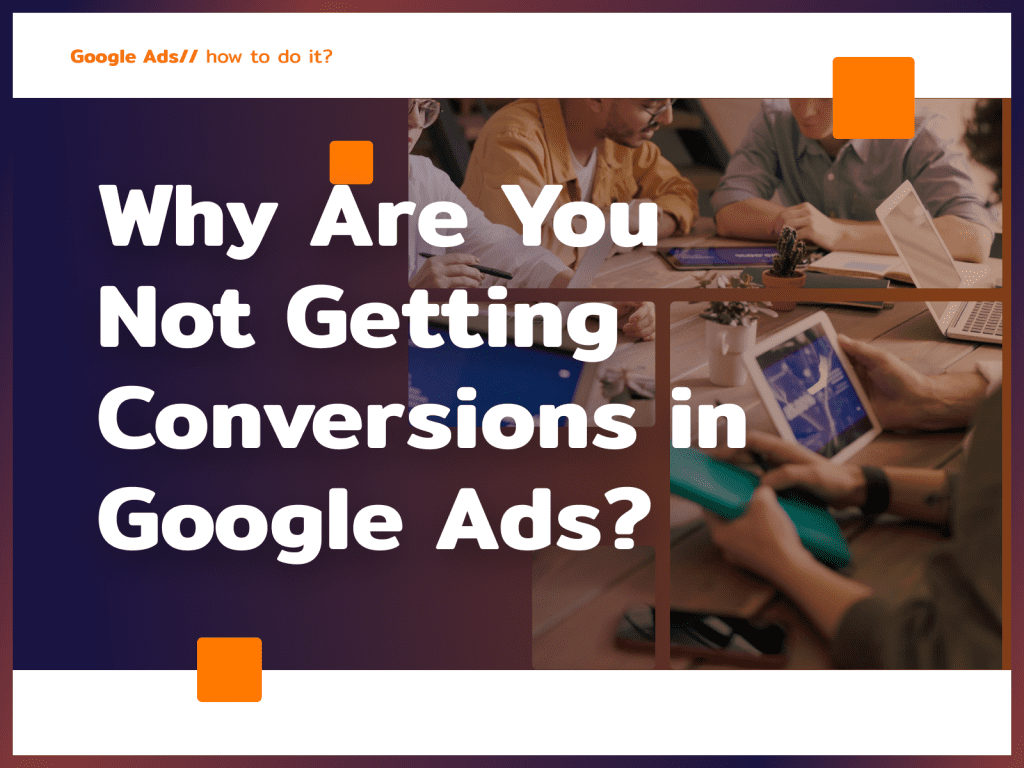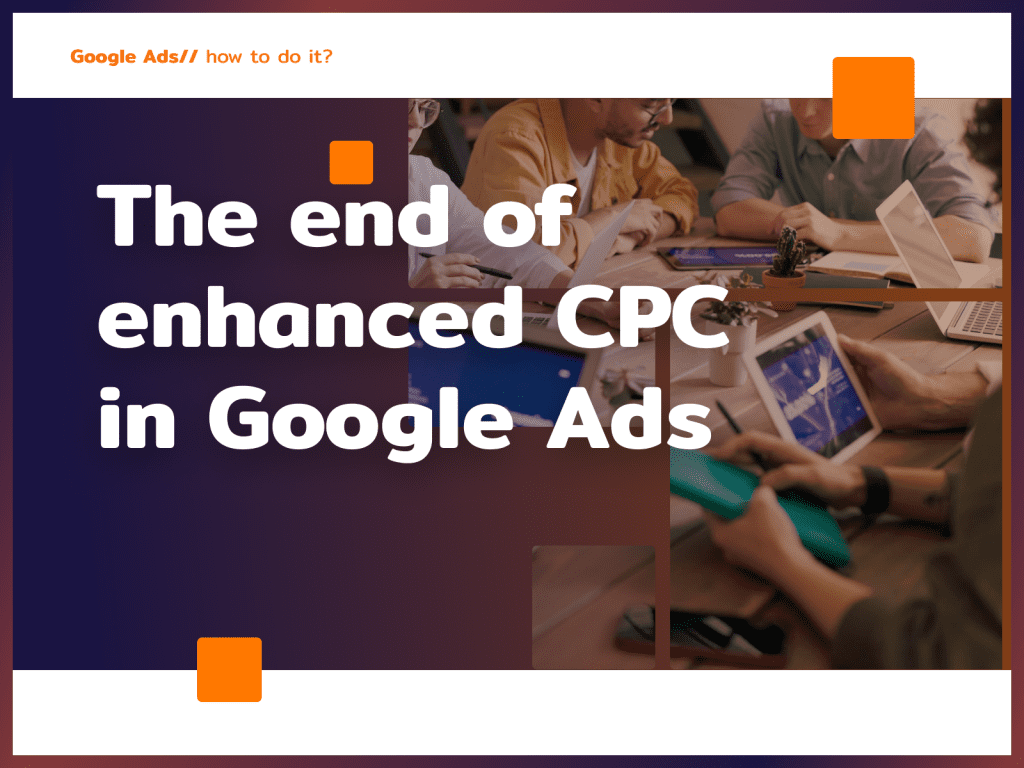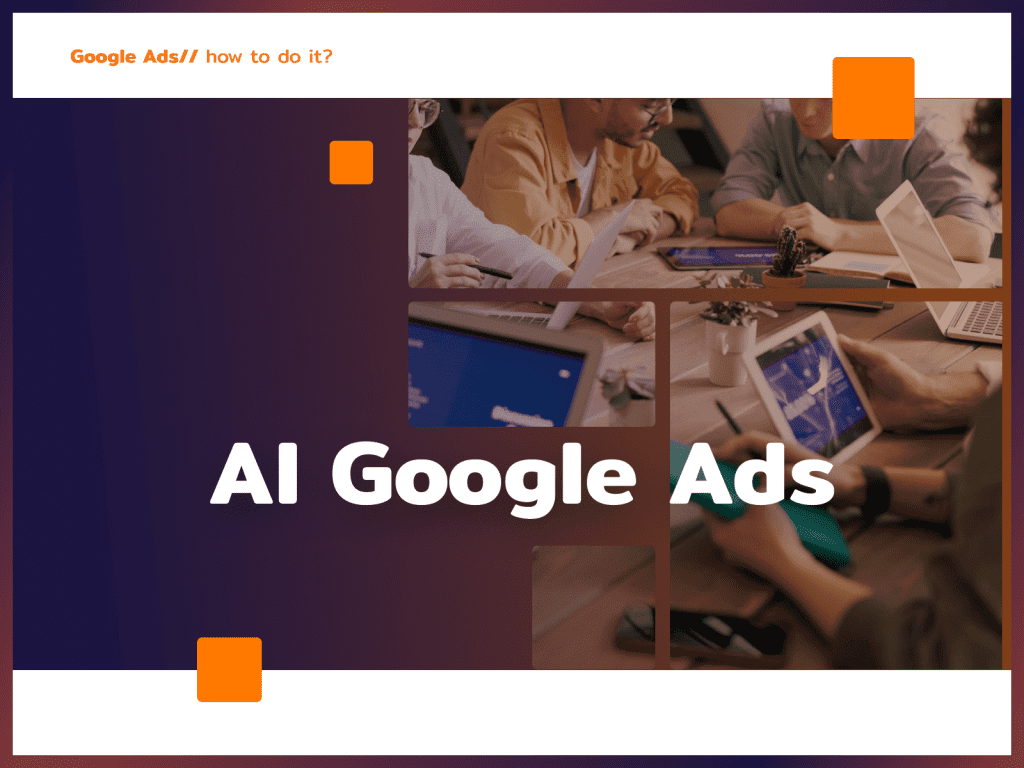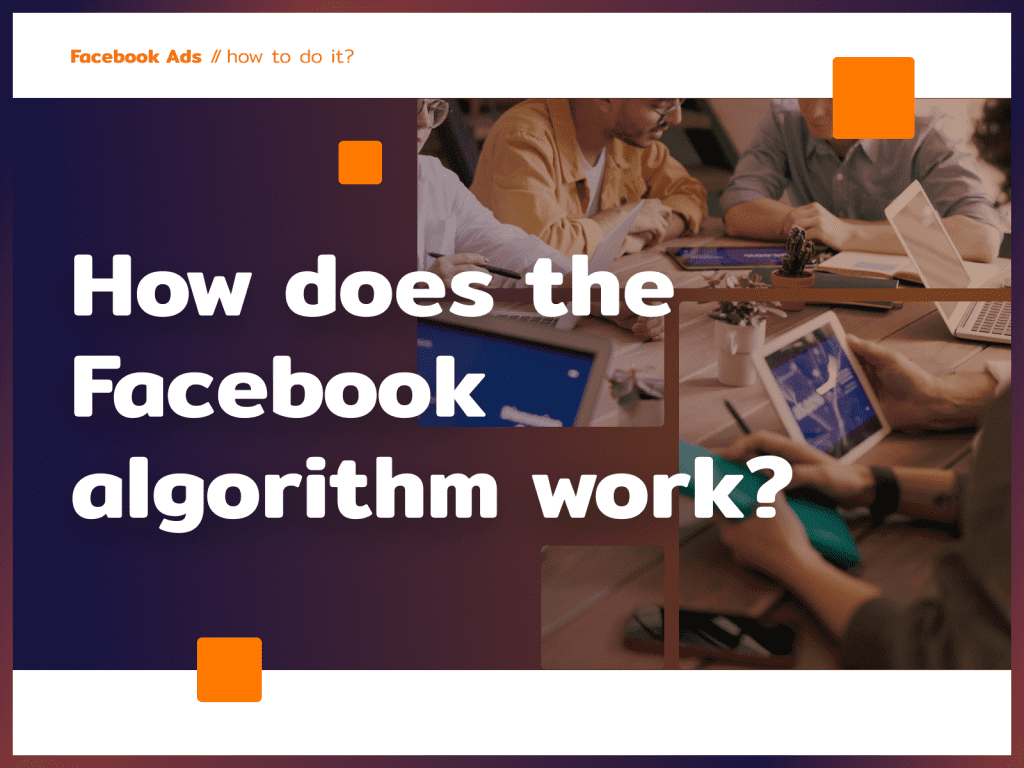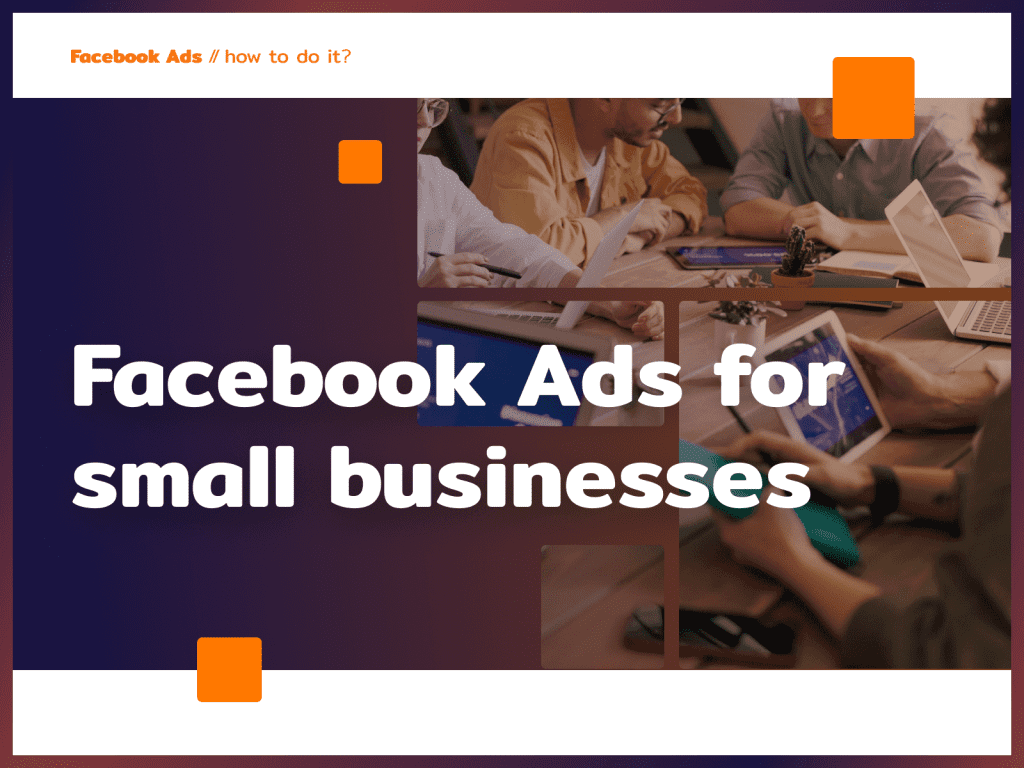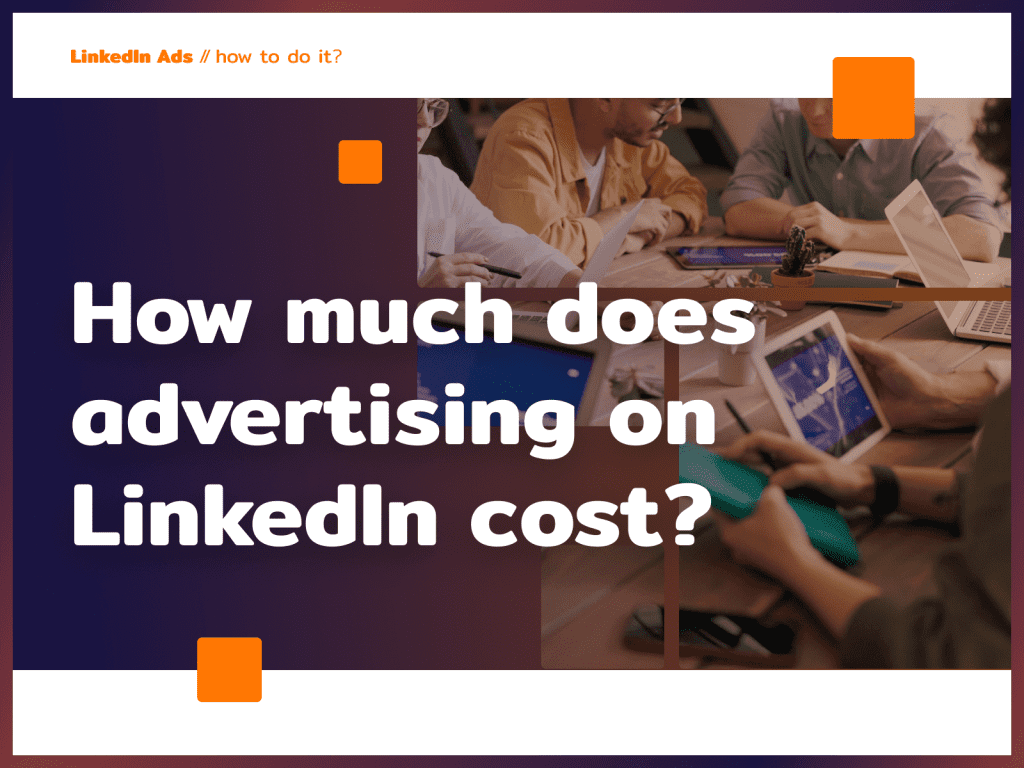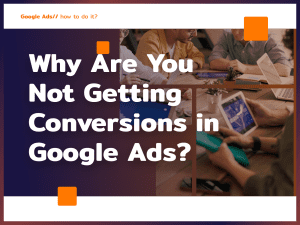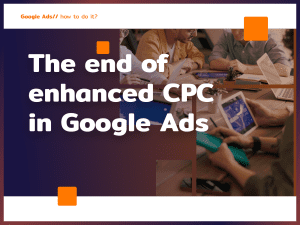Google Ads has been one of the main tools for online promotion for years. Many advertisers have used various features of this platform to optimize their ad campaigns. One such feature was Enhanced CPC (eCPC), which helped adjust ad bidding. However, the end of this function is near, raising many questions among marketing professionals. What does this mean for campaigns, and what actions should be taken?
What was Enhanced CPC?
Enhanced CPC in Google Ads was an automatic bid optimization tool that allowed dynamic adjustment of the amount an advertiser was willing to pay per click. Based on its algorithms, Google would raise or lower the bid depending on the predicted likelihood of conversion. This meant that if there was a higher chance of a sale, the system would increase the bid, and if the chance was lower, it would decrease it.
The advantage of this solution was that the advertiser could maintain control over their budget while increasing their chances of getting better results. Thanks to this, many companies could focus on the effectiveness of their campaigns without the need to manually adjust bids.
Stay up to date with changes in Google Ads!
Sign up for the newsletter
Why did Google decide to end Enhanced CPC?
This change is not accidental. Google has been heavily investing in artificial intelligence and machine learning for years, allowing more advanced campaign automation tools to be introduced. In light of these changes, Enhanced CPC became less useful, as Google now offers more advanced solutions such as Smart Bidding, which uses a broader range of data and forecasts.
The main reason for discontinuing Enhanced CPC is that Google wants advertisers to transition to more comprehensive automated strategies such as Target CPA (Cost Per Acquisition) or Target ROAS (Return on Ad Spend). These tools can more accurately optimize campaigns by considering far more factors than just eCPC.
What to use instead of Enhanced CPC?
For advertisers accustomed to using Enhanced CPC in Google Ads, switching to other strategies may seem challenging. However, Google offers several alternatives that can deliver even better results:
- Smart Bidding – automatic strategies that optimize bids using advanced algorithms, adjusting them in real-time based on conversion chances.
- Target CPA (Cost Per Acquisition) – allows for optimizing campaigns to achieve a specific acquisition cost. Google automatically adjusts bids to make the most effective use of the budget.
- Target ROAS (Return on Ad Spend) – focuses on maximizing return on investment by adjusting bids based on the predicted value of conversions.
These tools offer advertisers more control over campaign results, providing more advanced analysis and better adaptation to changing market needs.
How to prepare for changes?
To prepare for the changes and the discontinuation of Enhanced CPC, advertisers should first analyze their current campaigns and assess which of Google’s automated strategies might be most suitable for them. A few steps worth taking:
- Campaign audit – review which campaigns relied on Enhanced CPC and whether they generated satisfactory results.
- Testing new strategies – try alternative strategies such as Smart Bidding to see which one best suits your goals.
- Monitoring results – remember that every strategy change requires a test period. Observe the results closely and optimize your campaigns based on the data.

Do you want to increase your profits with Google Ads?
I will prepare an action strategy and, together with my team, implement it for you.
Is the end of Enhanced CPC the end of the world?
While the end of Enhanced CPC may seem like a significant change, it does not mean the end of effective campaigns in Google Ads. On the contrary, the new tools offered by Google can provide even better results, provided that advertisers adapt to the new approach.
Rather than relying on one technology, it’s worth being open to new possibilities and testing different automation strategies. Google constantly introduces innovations, meaning advanced tools like Smart Bidding could bring benefits that were previously unimaginable.
Summary
The end of Enhanced CPC in Google Ads is an important change but should not cause concern. Google is introducing more advanced tools that allow for better campaign optimization and increased budget efficiency. Advertisers should focus on testing alternatives to adjust their campaigns to the new environment and fully leverage the potential of Google Ads.
Instead of fearing the end of Enhanced CPC, it’s worth understanding that the future of advertising campaigns lies in automation and advanced analytics.

































